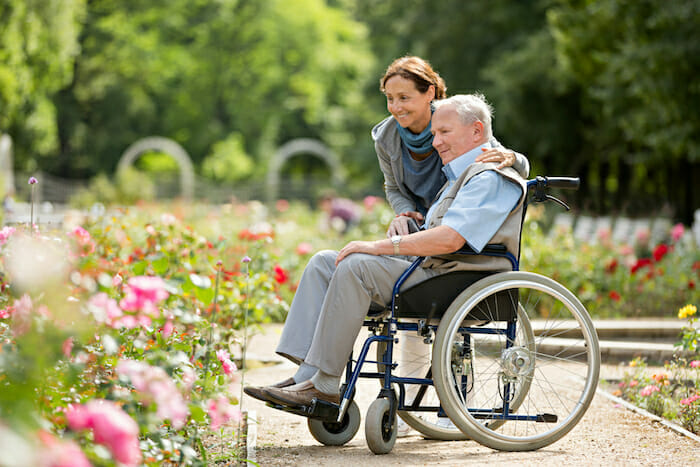When faced with the sorrowful event of losing a loved one at home, it’s essential to know who do you call when an elderly person dies at home. It can be overwhelming, but guidance during such times can help you focus on what matterspaying your respects and honoring their memory.
Understanding the crucial first steps can make a significant difference. From notifying authorities to making funeral arrangements, each step can feel daunting. However, structured guidance and empathetic support are available to help navigate this challenging time.

Immediate Steps After Death
The immediate actions you take once an elderly person dies at home are critical. Firstly, ensure that nothing at the scene is disturbed to maintain an accurate recording of the death case.
Contacting Medical Professionals
Your first contact should generally be a primary care doctor, or if unavailable, the local emergency services. It is crucial for a medical professional to officially pronounce the person dead, especially if they had a chronic condition.
Who Should You Notify Next?
Once a medical professional has been contacted, notifying friends and family allows them to come together for support. Additionally, inform a nearby caregiver organization, especially if the deceased was under any formal care plans. Visiting sites like senior care tools can provide practical tips on looking after any essential items left behind by the deceased.
Legal and Administrative Considerations
Obtaining a Death Certificate
A death certificate is a vital document required for settling the deceased’s affairs. It is typically provided by the certifying doctor or hospital. This document will be needed for legal procedures and funeral arrangements.
Inform Financial Institutions
Notify banks and other financial institutions about the death at home. They may require the death certificate to freeze accounts and prevent any fraudulent activities.
Handling the Will and Estate
Handling the deceased’s will is another crucial step. Contact a legal professional to understand how the estate will be distributed among the heirs. An attorney can be immensely helpful during this period, especially in navigating legal language.
Making Funeral Arrangements
Choosing a Funeral Home
Select a funeral home that aligns with your family’s wishes and budget. It’s essential to discuss and confirm the services you require, whether traditional or otherwise. Websites like elder assistance alerts can guide in choosing appropriate services.
Planning a Memorial
Memorial services can range from simple gatherings to elaborate tributes. Consider the deceased’s wishes and family input to decide on the best option. Discussions with family members and caregiving experts might provide personalized recommendations.
Managing Emotional Well-being
The Importance of Grief Support
Dealing with the death of an elderly loved one at home is as emotionally challenging as it is administratively. Seek support groups or counseling services to help cope with the loss. These resources offer comfort and guidance as you process your emotions.
The Role of Family and Friends
In such times, lean on family and friends for support. Reminiscing about positive memories and sharing stories can be healing. Open communication is vital to ensure everyone is coping well.
Informing Social Services and Local Authorities
Notifying social services or local authorities may be necessary, especially if the deceased was receiving government benefits or had care support. They need to be informed to update their records and cease any benefits payments.
Documents and Belongings
Securing Important Documents
Secure essential documents like identification, financial papers, and insurance policies after an elderly person dies at home. These are required for handling their affairs and arranging the funeral.
Organizing Personal Belongings
In due time, organize the deceaseds personal belongings. Involve family members in this process, respecting their sentimental value and wishes.
Understanding Your Rights and Responsibilities
Legal Rights of the Family
Understanding legal rights concerning elder death at home ensures fewer complications. Consult with a legal expert to make informed decisions regarding the estate and other personal affairs.
Responsibilities as an Executor
If named, an executor handles the deceaseds estate, ensuring all debts are settled and assets distributed as per the will. It’s a role that requires responsible management and adherence to legal obligations.
Preparing for Unexpected Death at Home
While advanced age or terminal illness often provides some preparation time, unexpected deaths can occur. Discussing these matters openly within the family can lessen the emotional strain if it does happen.
Recording Memories
Consider creating a memento book or digital albuma cherished way to remember a loved one. Sharing these with family and friends can provide comfort and celebrate the life lived.

FAQ Section
Can an unexpected death occur at home?
Yes, various factors can lead to unexpected deaths at home, making it important to be prepared.
Do I need to contact a funeral home immediately?
While not urgent, contacting a funeral home soon can ensure all arrangements go smoothly and as planned.
How long does it take to receive a death certificate?
The time varies but generally within a few days after the death is confirmed. Check with local authorities for specific timelines.
This article contains affiliate links. We may earn a commission at no extra cost to you.

